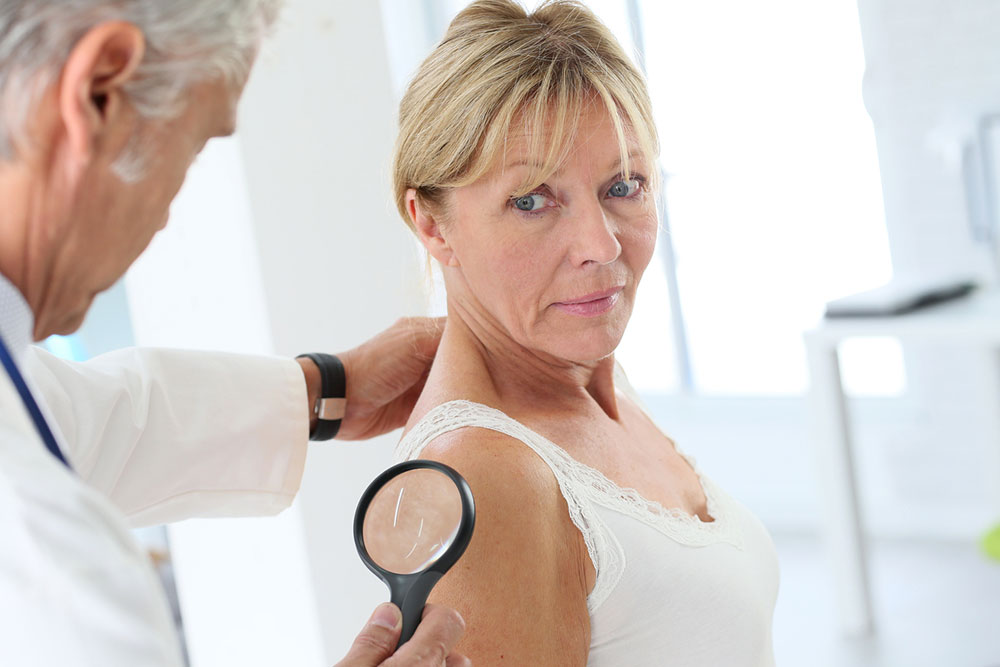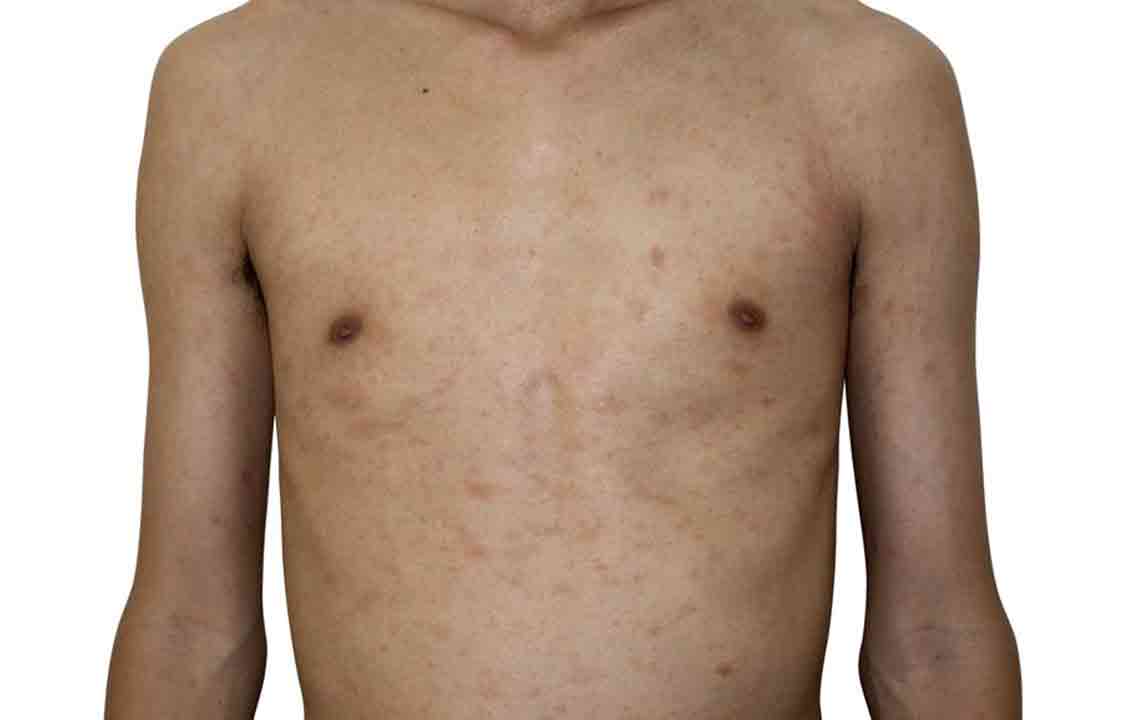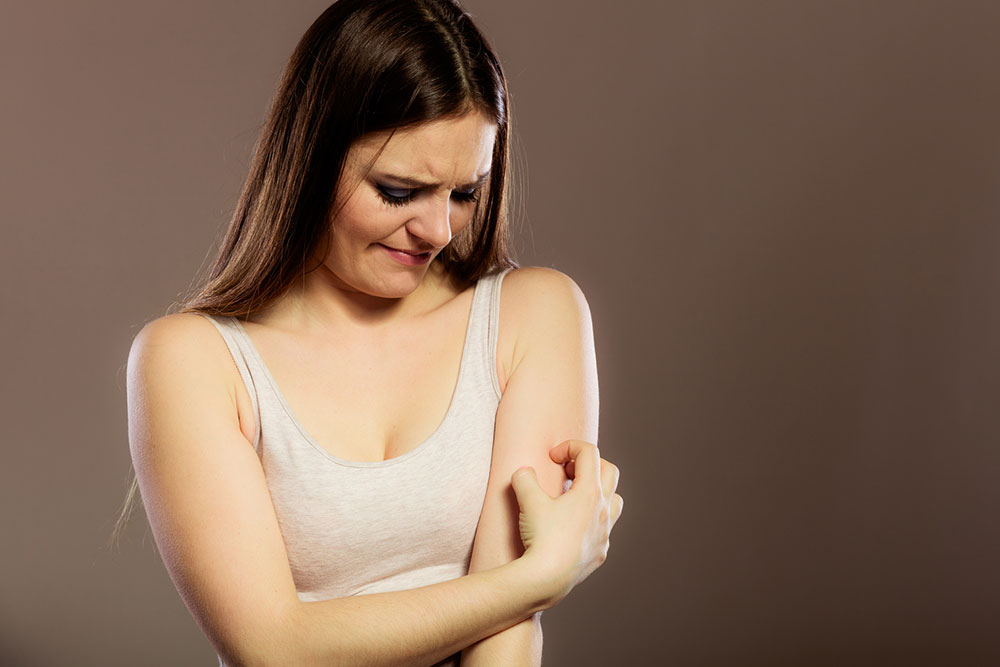Effective Strategies for Managing Pityriasis Rosea
Learn about effective natural and medical treatments for pityriasis rosea. Discover remedies like aloe vera, coconut oil, and herbal solutions, as well as pharmaceutical options including antihistamines and antivirals. Understand when to seek professional care to manage symptoms efficiently. This comprehensive guide helps you navigate treatment options for a self-limiting condition with minimal side effects.

Effective Strategies for Managing Pityriasis Rosea
Natural and Medical Approaches to Treat Pityriasis Rosea
Pityriasis rosea is a viral skin condition that causes rashes, commonly affecting individuals aged 10-35. Often resolving spontaneously within 6 to 9 weeks, the exact cause remains unknown. In some cases, it may be accompanied by flu-like symptoms. After recovery, most people are unlikely to experience a recurrence. While home remedies can alleviate symptoms, medical options are available for relief if needed.
Home treatments for pityriasis rosea include aloe vera for its antimicrobial benefits, which helps reduce rash severity. Avoid hot showers as they can worsen itching, and moisturize dry skin with coconut oil to prevent irritation. Cooling lotions soothe inflammation and itching, while lavender oil eases discomfort and supports skin healing. Applying neem offers antimicrobial effects, combating microbes on the skin. Consuming garlic can reduce rashes due to its anti-inflammatory properties. Additionally, dietary adjustments, like incorporating omega-3-rich flaxseeds, assist recovery. Herbal remedies such as calendula or plantain leaves can minimize itching. Most importantly, the condition is self-limiting but consult a healthcare professional if symptoms persist or worsen.
Medical treatments are available for symptom relief. For intense itching, hydrocortisone creams or antihistamines can provide comfort. Antibiotics like erythromycin may shorten the illness duration, while antiviral medications such as acyclovir or famciclovir can help limit rash spread and itching. Despite these options, no cure currently exists, and time remains the main healer. Consulting a healthcare provider ensures appropriate management tailored to individual cases.










